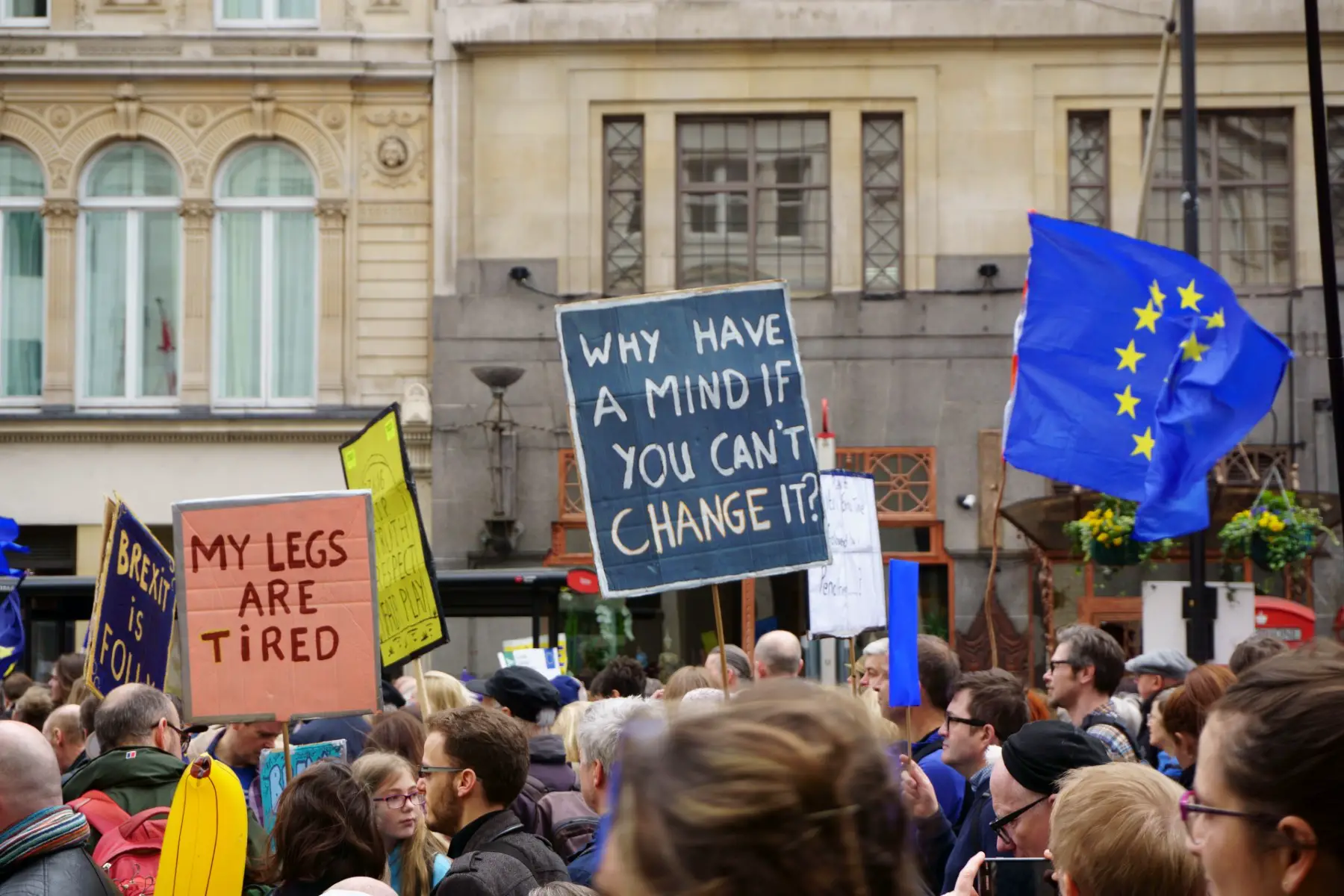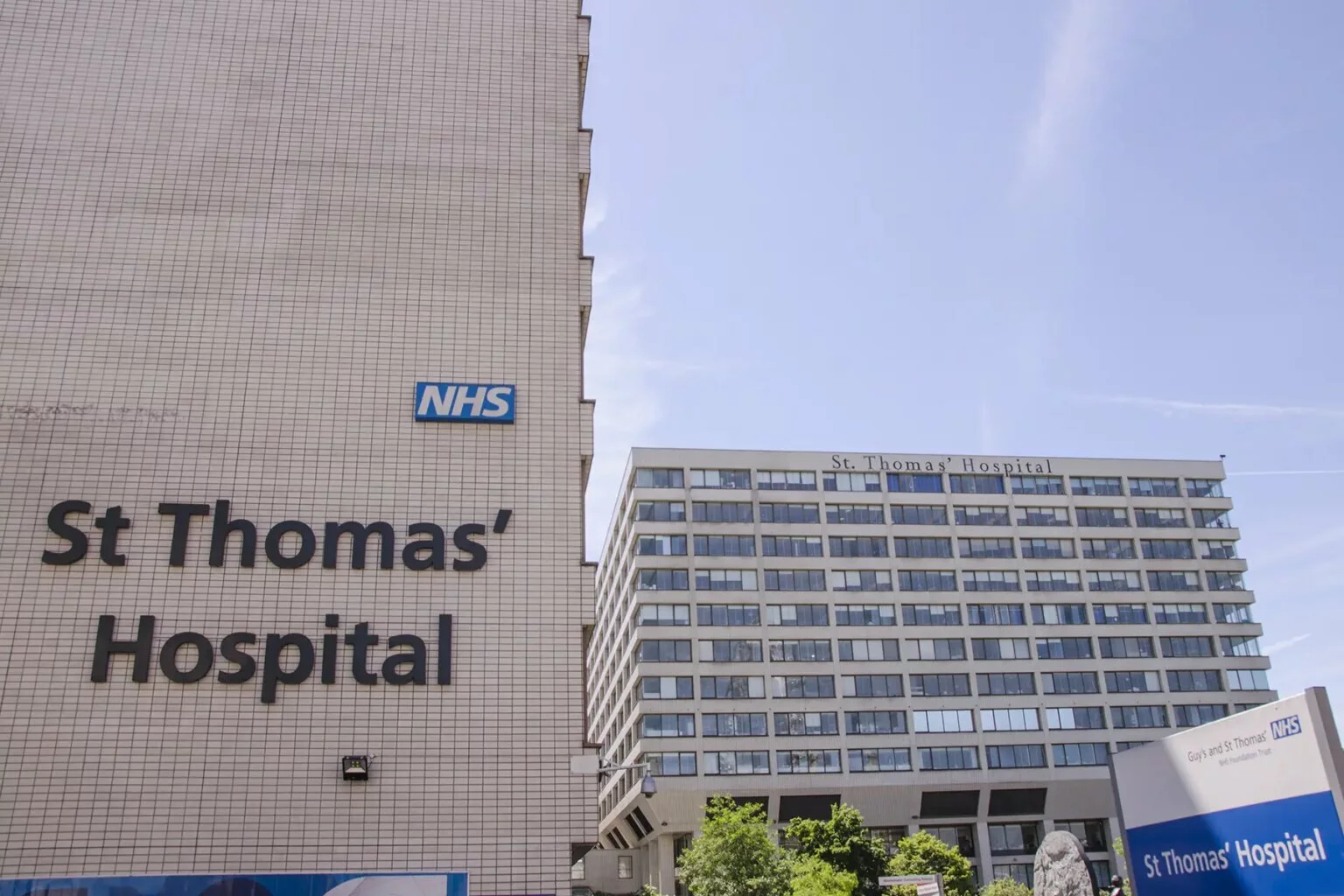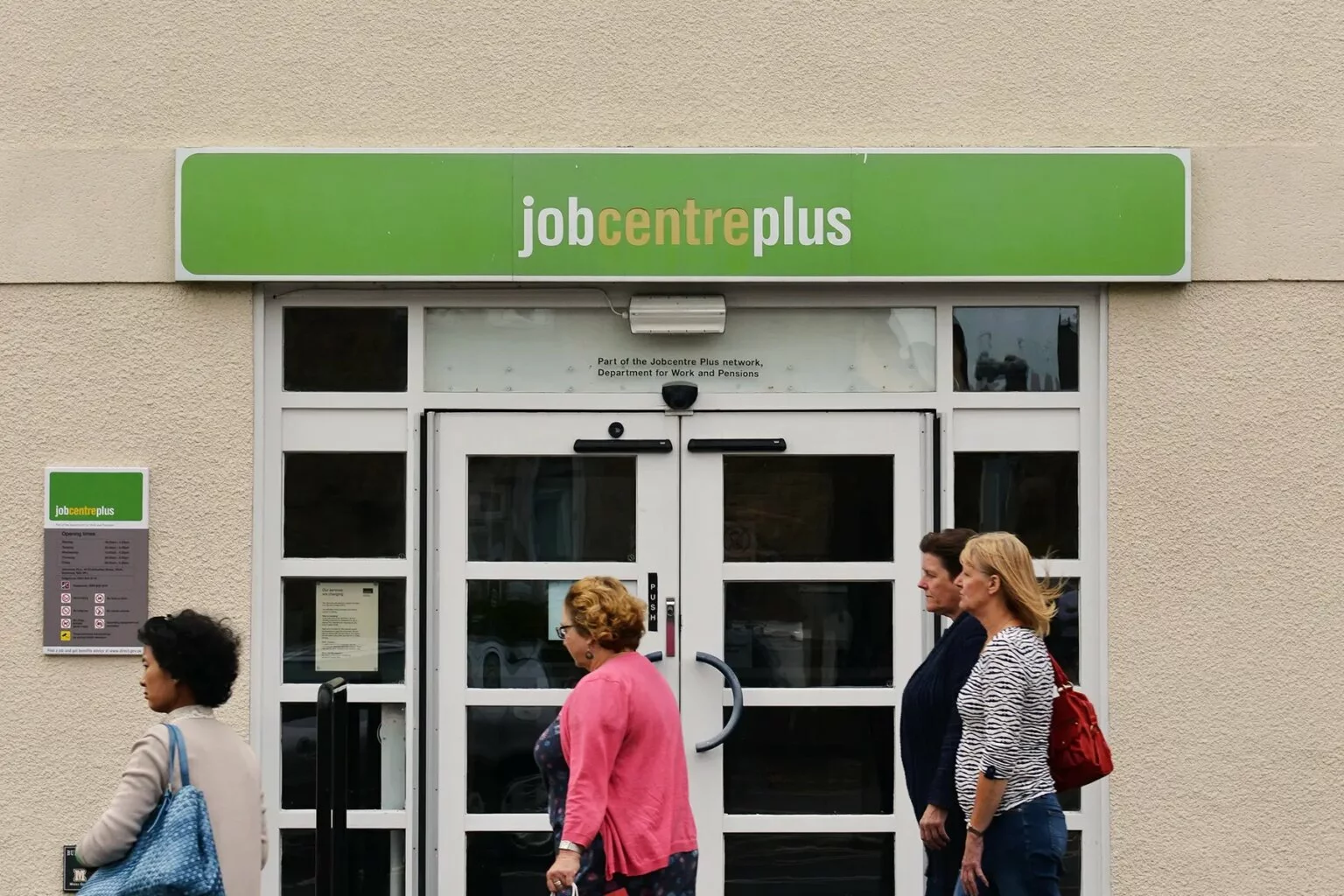Britain’s decision to leave the European Union (EU) has implications for anyone traveling between the UK and any of the EU member states. It also impacts the six million residents who are either UK nationals living in the EU, or EU nationals living in the UK. Find out what living in a post-Brexit world means, from buying property overseas to finding work abroad.
Sections include:
An overview of Brexit
On 23 June 2016, British citizens voted in a referendum on the UK’s membership of the EU. Nearly 52% of voters voted to leave the EU in a decision commonly known as ‘Brexit’ (a contraction of ‘British exit’). This meant that the UK would become the first member state to withdraw from the EU.

The UK officially left the EU on 1 January 2021 following an 11-month transition period. From this point, the UK became a ‘third country’, and free movement between the UK and the EU ended. Two agreements now govern the relationship between the two parties:
- The EU-UK Withdrawal Agreement came into effect at the beginning of the transition period on 1 February 2020, detailing the full terms of the UK’s departure in accordance with Article 50 of the Treaty of the European Union and covering areas such as rights of citizens already living abroad
- The EU-UK Trade and Cooperation Agreement came into effect on 1 January 2021, detailing preferential arrangements in areas such as trade, social security, and law enforcement
Parallel agreements have been reached with the European Free Trade Association (EFTA – Iceland, Norway, Liechtenstein, and Switzerland) states regarding both withdrawal and trade/cooperation.
The full effects of Brexit and its long-term economic impact remain largely uncertain, although it appears to have had a more negative effect on economic growth in the UK than in the EU to date. This article will focus on some of the key changes that expats living in or moving to the UK or the EU/EFTA can expect.
Expats already living abroad before Brexit
The EU-UK Withdrawal Agreement dealt with the rights of EU nationals living in the UK, and UK nationals living in the EU, prior to 1 January 2021. Under the terms of this agreement, the rights of these citizens – numbering nearly six million – remained largely unchanged.
Each country put in place its own particular arrangements, but, in general, expats already living abroad before the end of 2020 could apply for either a new temporary residence permit (if living in the country for less than five years) or a permanent residence permit (if living in the country for over five years).
Although the Withdrawal Agreement secured the rights of these expats and their family members, the implications of Brexit have caused much disruption to expats in both the UK and the EU. A study of EU migrants living in the UK recently found that Brexit had negatively affected two-thirds of participants’ feelings about Britain. A similar study of UK nationals in the EU also uncovered negative impressions of Britain, together with fears about rights and entitlements.
EU nationals living in the UK
EU/EFTA nationals already living in the UK before 1 January 2021 could apply through the EU Settlement Scheme for either settled or pre-settled status. This ensures a continuation of the rights they enjoyed as expats prior to Brexit.

The deadline for applying to the scheme was 30 June 2021, although late applications are permitted if there are reasonable grounds for not applying earlier. This may apply if you are a family member of an EU/EFTA citizen who was living in the UK by 31 December 2020.
Those living in the UK for less than five years when they make their application get pre-settled status, while those living there for over five years get settled status. This is equivalent to permanent residence in the UK. You can switch from pre-settled to settled status as soon as you have been living in the UK for five continuous years.
UK nationals living in the EU
Each country in the EU has implemented the Withdrawal Agreement to protect the rights of UK nationals already living there before 1 January 2021. This guarantees that UK expats in the EU retain broadly the same rights as they had as EU citizens before Brexit.
Similar to the EU Settlement Scheme in the UK, most countries have implemented schemes where UK expats have to apply for a new post-Brexit residence card. This is typically either a temporary card (for expats who have been in the country for less than five years) or a permanent card (for those in the country for more than five years). Each country has set up its own scheme, so processes may vary. For example, application deadlines differ across member states.
You can find more information about individual countries on the following government websites:
Visa requirements: the impact on freedom of movement
One of the biggest implications of Brexit for expats is on the freedom of movement between the UK and the EU.

Individuals can no longer travel freely and relocate for work, study, or family reunion purposes without a visa. Passports are needed at border control as ID cards are no longer sufficient.
EU nationals traveling to the UK
EU/EFTA expats post-Brexit can travel visa-free to the UK for up to six months, although they will only be able to take up work or study that lasts six months or less.
For stays of longer than six months, they will need to apply for the relevant visa that applies to their stay. Visas available include:
- Work visas – there are a variety of work-related visas although most long-stay visas relate to skilled work or investing minimum funds in your own business; the UK now has a points-based immigration system, and EU nationals now have to score a certain number of points to qualify for a visa, the same as non-EU nationals
- Student visas – the two study visas available are the general student visa for university study and higher education, and the child student visa for children aged 4-17
- Family visas – available to those wanting to come and live with spouses/partners, children, parents or other relatives providing long-term care who are already living in the UK
UK nationals traveling to the EU
UK nationals do not require a visa for short-stay visits of up to three months in EU/EFTA countries. However, rules vary regarding short-term work contracts or placements lasting for less than three months. You will need to check the details of the country you are traveling to in order to check whether you are allowed to work or need to apply for a work permit.
For stays of longer than three months in most EU/EFTA states post-Brexit, UK expats will now need to apply for a visa and/or residence permit. Again, the process will vary across countries, and visa availability is also variable. For example, some countries have work quotas when it comes to third-country nationals.
Types of visas include:
- Work visas – there are various different types of work-related visas across member states, including skilled worker visas, business startup visas and company transfer visas; you will typically need a job offer before you can apply for a visa in an EU member state
- Student visas – including visas to study degree or postgraduate courses at universities and language visas for shorter courses
- Family visas – to come and live with your spouse/partner, minor child, or parent(s) (if you yourself are a minor); some countries also offer family visas to other relatives such as grandparents or dependent relatives
UK nationals can travel around the EU/EFTA region but are restricted to a maximum of 90 days within any 180-day period without a visa in the Schengen Area.
Healthcare: accessing public health services after Brexit
The Trade and Cooperation Agreement includes arrangements for reciprocated healthcare between the UK and the EU when it comes to expats accessing public healthcare services after Brexit. However, healthcare agreements with three EFTA States (Iceland, Liechtenstein, and Norway) have yet to be concluded.
EU nationals in the UK
The UK has a residence-based National Health Service (NHS) which delivers public healthcare to all UK residents.

Since Brexit, expats coming from any EU/EFTA country for longer than six months usually have to pay the immigration health surcharge to cover the duration of their visa. For short-stay visits of less than six months, EU/EFTA visitors can still use a valid European Health Insurance Card (EHIC) to cover any medically necessary treatment.
If you are an EU/EFTA national without an EHIC or health surcharge coverage, you will be charged for NHS services unless you have taken out suitable health insurance coverage. This could be as much as 150% of the standard costs.
Certain citizens from the EU or Switzerland can get reimbursed for healthcare treatment in the UK if their own government covers the costs, for example, those receiving a state pension in their home country. This also means that they can get reimbursement if they pay the health surcharge. If this applies to you, you will need to fill in one of the following forms:
EU/EFTA citizens can get a COVID-19 vaccination in the UK free of charge if they need one.
The EHIC, immigration health surcharge, and reimbursement forms only cover NHS treatments in the UK. To access the full range of healthcare available in the UK, including private treatment, it is advisable to take out a comprehensive private health insurance policy.
Read more information about accessing UK healthcare as an EU citizen here and here.
UK nationals in the EU
UK nationals traveling to EU/EFTA countries for short visits can use their EHIC for necessary treatment if it is still valid. If your EHIC has expired or you don’t have one, you can apply for the new UK Global Health Insurance Card (GHIC) which operates similarly to the EHIC. The situation is slightly different for:
- Iceland, Liechtenstein, and Norway – the GHIC and EHIC are not valid here, so you will need to take out health insurance to cover all medical treatment on short visits
- Spain
- Ireland
If you are moving from the UK to an EU/EFTA country as an expat since Brexit, your access to the country’s public healthcare system will depend on the individual country. Typically, you will have to take out a health insurance policy as part of your visa application. You will then usually have access to state-funded healthcare through health insurance or social security contributions if you work in the country. See the UK government’s website for information on individual EU/EFTA countries.
Although the UK is no longer part of the EU, certain UK residents who receive a UK pension or other social security benefits can still use an S1 form to access state healthcare in the EU or Switzerland reimbursed by the UK government. Some pre-planned treatments can also be accessed through the S2 form. The situation is slightly different in Iceland, Liechtenstein, and Norway where you can only use S1 and S2 forms if you moved there before 1 January 2021 and are covered by the EFTA Separation Agreement.
Health insurance
It’s important to remember that the EHIC, GHIC, and public health insurance only cover a certain amount of public healthcare treatment abroad. In many countries, it might be worth considering taking out private health insurance to cover a wider range of treatments including private services. Global healthcare providers that offer comprehensive protection across the EU/EFTA region include:
Brexit and your personal finances
Pensions and social security
Before Brexit, pensions and social security entitlements were automatically transferred between the UK and EU/EFTA nations. Although this has now ended, the Trade and Cooperation Agreement makes arrangements for some continued social security cooperation between the UK and the EU.
This provides for post-Brexit coordination in pensions and contributory benefits affecting expats who don’t benefit under the terms of the Withdrawal Agreement. Under current post-Brexit measures, expats who move between the UK and the EU/EFTA after 1 January 2021 can count contributions from overseas employment towards their state pension entitlements until at least 2035.
If you have a private pension, this should remain unaffected if you move overseas. However, there may be increased fees if you wish to transfer to a pension plan in your new home country. Contact your pension provider or a financial specialist for advice. UK nationals moving to the EU/EFTA can receive their workplace or personal pensions and can also consider transferring them to a Qualifying Recognized Overseas Pension Scheme (QROPS) in most EU countries.

The Trade and Cooperation Agreement also entitles UK and EU/Swiss nationals to receive the following benefits based on contributions made in either the EU/Switzerland or the UK:
- Maternity/paternity benefits
- Sickness benefits
- Disability and injury benefits
- Survivors’ benefits
- Unemployment benefits
Non-contributory benefits such as family benefits, long-term care benefits, and social assistance are not included in the agreement. Separate arrangements with Iceland, Liechtenstein, and Norway are still in the process of agreement.
You can find out which UK social security benefits you can receive abroad as a UK national on the UK government website.
Banking and finances
Although much in the world of personal financial services has remained the same in the wake of Brexit, there are likely to be some changes for expats in terms of accessing services, consumer rights, increased costs, and longer delays.
One of the biggest changes is the end of passporting rights. This is essentially the right of UK financial service companies to operate in the EU/EFTA, and for EU/EFTA firms to operate in the UK, without additional authorization. Banks and other financial providers operating overseas now need authorization from national regulators, which may affect some service provisions and consumer protection. Contact your provider if you have any concerns.
Each bank and financial institution in the UK and the EU/EFTA has its own response to Brexit. Impacts of Brexit for expats may include:
- Some banks restricting access to opening certain accounts for overseas residents
- Increased fees for services such as cashpoint withdrawals or credit/debit card payments
- Limitations to coverage for insurance products
- Complaints procedures. For example, you may not be able to complain to the national regulator/Ombudsman if your provider is an overseas company that hasn’t yet secured the necessary authorization to continue operations in the country.
Money transfers
The UK is continuing to participate in the Single Euro Payments Area (SEPA). This means that electronic payments in euros can still be made between the UK and the EU/EFTA. However, providers now have to submit additional information and this can cause delays. Some money transfer services may now take longer, and some have increased fees to send funds between the UK and EU/EFTA. For the best current rates, you can check providers such as:
Investments and savings
Access to savings and investments hasn’t changed much. The Trade and Cooperation Agreement includes measures to protect products held with overseas firms. However, Brexit has increased market volatility, which has negatively affected the value of some expat investments. The longer-term effects on savings and investments within the UK and EU/EFTA are difficult to predict.
Property and mortgages
It is still possible to buy property and get a mortgage as a UK national in the EU/EFTA, or as an EU/EFTA expat in the UK, post-Brexit. However, there is an increase in paperwork – as well as an increase in costs – in many places.

Foreigners have the right to buy property in the UK and the EU/EFTA. Therefore, Brexit hasn’t changed much in any country apart from Austria, where third-country nationals are restricted from buying property in certain areas. This impacts UK expats wanting to purchase a home after Brexit.
However, the process is now likely to take longer, especially if you are taking out a mortgage. There are typically more legal formalities and additional credit checks to carry out when it comes to third-country nationals. This, in turn, is likely to make legal costs more expensive.
It can also be more difficult to get a mortgage as a third-country national, and lenders typically ask for a bigger deposit. The situation can change if you remain in the country for a long period. For example, it’s easier to get a mortgage in the UK as a foreigner if you’ve lived there for three years.
Overseas owners of holiday homes will now find that they need a visa if they want to come and reside in the home for longer than three months (or six months in the UK). Additionally, there are different holiday home laws across EU/EFTA countries, so you will need to check for restrictions if you own or want to buy holiday property.
Shipping goods across the Channel
The UK has now left the EU Customs Union. Customs changes came into effect on 1 January 2022, which means that goods traveling between the UK (excluding Northern Ireland) and the EU are subject to customs declarations. Goods are now checked at border controls and cannot be released unless they have a valid declaration and received clearance. This results in senders in both the UK and the EU needing to fill in the required customs paperwork, and paying the necessary fees such as VAT, customs charges, and handling fees. Recipients may also have to pay import fees.
This has not only increased costs but also caused lengthy delays in sending and receiving goods to and from the UK. It affects individuals sending items across the channel, as well as businesses importing and exporting goods that have had to deal with the economic impact and interruptions to trade. The Trade and Cooperation Agreement includes some provisions for businesses, such as simplified declarations for certain businesses and reduced tariffs for certain goods. You can find information about importing and exporting goods to and from the UK on the government website.

If you send a parcel between the UK and the EU, make sure you fill in the correct customs declaration form, pay the required fees, and allow extra time for the parcel to reach the recipient! The UK Royal Mail has information on sending and receiving items abroad after Brexit.
The new rules also have implications for people moving their personal property between the UK and the EU, for example, if they relocate to another country. Personal belongings are also subject to customs controls and fees; however, you can claim residence relief if you are moving home. This relief doesn’t apply to some items such as cars and antiques.
Useful resources
- UK government information for EU/EFTA nationals coming to the UK
- UK government information for UK nationals traveling to individual EU/EFTA countries








